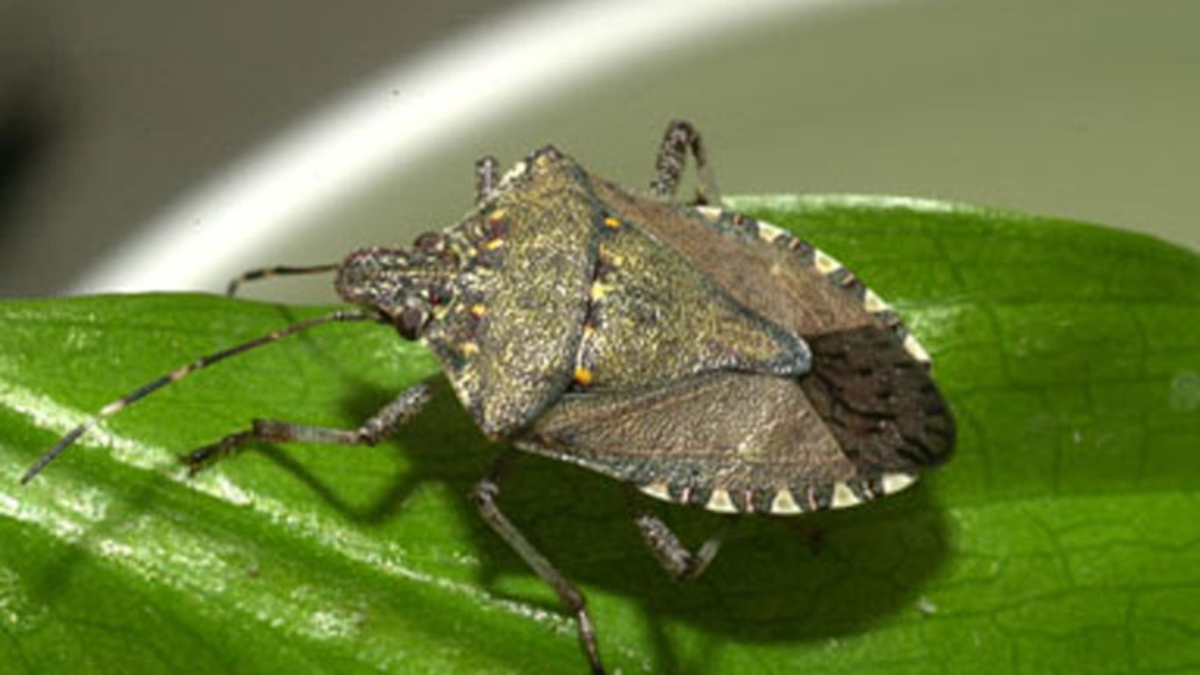When it comes to maintaining a beautiful and thriving garden, one of the biggest challenges gardeners face is dealing with pests. These tiny intruders can wreak havoc on your plants, causing damage and hindering their growth. In this article, we will explore the most common garden pests and provide effective strategies to combat them. By understanding these pests and employing preventive measures, you can ensure the health and vitality of your garden.
Square 4'x4' Netting Cover 3.3FT Tall Crop Cage Pest Guard Cover for Vegetables Fruits Durable Plant Garden Net with 4 Stakes
Understanding Garden Pests
2.1 Types of Common Garden Pests

Garden pests come in various forms, including insects, slugs, snails, rodents, and more. Some of the most common garden pests include aphids, slugs and snails, caterpillars, spider mites, whiteflies, beetles, and rodents. Each type of pest poses a unique threat to your garden and requires specific methods to control their population.
2.2 Identifying Garden Pests
Identifying garden pests is crucial for implementing effective control measures. Aphids, for instance, are small, soft-bodied insects that cluster on plant stems and leaves, sucking sap and causing deformities. Slugs and snails leave behind slime trails and feast on young foliage. Caterpillars can devour entire leaves, while spider mites create webbing and leave stippling marks on plants. Whiteflies are tiny insects that swarm around plants, and beetles chew on leaves and flowers. Rodents, such as mice and rats, can cause significant damage by feeding on plant roots and gnawing on stems.

Prevention and Natural Pest Control
3.1 Creating a Healthy Garden Environment
The first line of defense against garden pests is to create a healthy garden environment. This includes ensuring proper soil nutrition, adequate sunlight, and regular watering. Healthy plants are more resistant to pest infestations and are better equipped to recover from damage.
Companion planting is a strategic gardening practice that involves growing certain plants together to deter pests. For example, planting marigolds alongside vegetables can repel aphids, while garlic can ward off slugs and snails. By intermingling pest-repellent plants with your desired crops, you can naturally reduce the likelihood of infestations.
3.3 Beneficial Insects
Introducing beneficial insects into your garden is another effective way to combat pests. Ladybugs, lacewings, and praying mantises are natural predators of many garden pests. These beneficial insects feed on aphids, caterpillars, and other destructive pests, helping to maintain a balanced ecosystem in your garden.
3.4 Organic Pest Control Methods
Organic pest control methods are safe for the environment and do not harm beneficial insects or other wildlife. Some common organic solutions include using insecticidal soaps, neem oil, or homemade remedies like garlic spray or vinegar solutions. These methods offer effective control against garden pests while minimizing the use of harmful chemicals.
Dealing with Specific Garden Pests
4.1 Aphids
To combat aphids, try spraying them off with a strong stream of water or introducing ladybugs into your garden. You can also make a homemade aphid spray using dish soap and water.
4.2 Slugs and Snails
For slugs and snails, create physical barriers like copper tape or diatomaceous earth around vulnerable plants. Beer traps or handpicking them at night can also be effective methods.
4.3 Caterpillars
Handpicking caterpillars off plants, applying biological control like Bacillus thuringiensis (Bt), or using row covers can help protect your garden from caterpillar damage.
4.4 Spider Mites
Spraying affected plants with a strong blast of water or using insecticidal soap can help control spider mite infestations. Increasing humidity levels around plants can also discourage their growth.
4.5 Whiteflies
Introduce natural predators like ladybugs or use yellow sticky traps to monitor and control whitefly populations. Regularly inspect and remove affected leaves or plants to prevent further spread.
4.6 Beetles
Handpicking beetles, applying organic insecticides, or using floating row covers can help protect your garden from beetle damage.
4.7 Rodents
Prevent rodent damage by securing fences, removing potential food sources, and using traps or deterrents like ultrasonic devices. Seal any openings or gaps to prevent their entry.
Conclusion
In conclusion, dealing with garden pests can be challenging but not impossible. By understanding the types of pests you may encounter, identifying them accurately, and implementing preventive measures and natural control methods, you can protect your garden from infestations. Remember, a healthy garden environment, companion planting, beneficial insects, and organic pest control solutions are key to maintaining a thriving garden.
FAQs
- How can I prevent aphids from infesting my garden?
- Regularly inspect your plants and spray them with a strong stream of water to remove aphids. Introduce ladybugs, as they are natural predators of aphids. You can also make a homemade aphid spray using dish soap and water.
- What are some organic pest control methods I can use in my garden?
- Organic pest control methods include using insecticidal soaps, neem oil, or homemade remedies like garlic spray or vinegar solutions. These methods offer effective control against pests while being safe for the environment.
- How do I protect my garden from rodent damage?
- Secure your garden with fences, remove potential food sources, and use traps or deterrents like ultrasonic devices to prevent rodent damage. It is also important to seal any openings or gaps that could serve as entry points for rodents.
- Are there any plants that can naturally repel pests?
- Yes, certain plants can naturally repel pests. Marigolds, for example, can repel aphids, and garlic can deter slugs and snails. By intermingling pest-repellent plants with your desired crops, you can naturally reduce the likelihood of infestations.
- How do I attract beneficial insects to my garden?
- Planting flowers that attract beneficial insects, such as cosmos or yarrow, can help attract them to your garden. Providing a water source and avoiding the use of harmful chemicals will also encourage beneficial insect populations to thrive.


